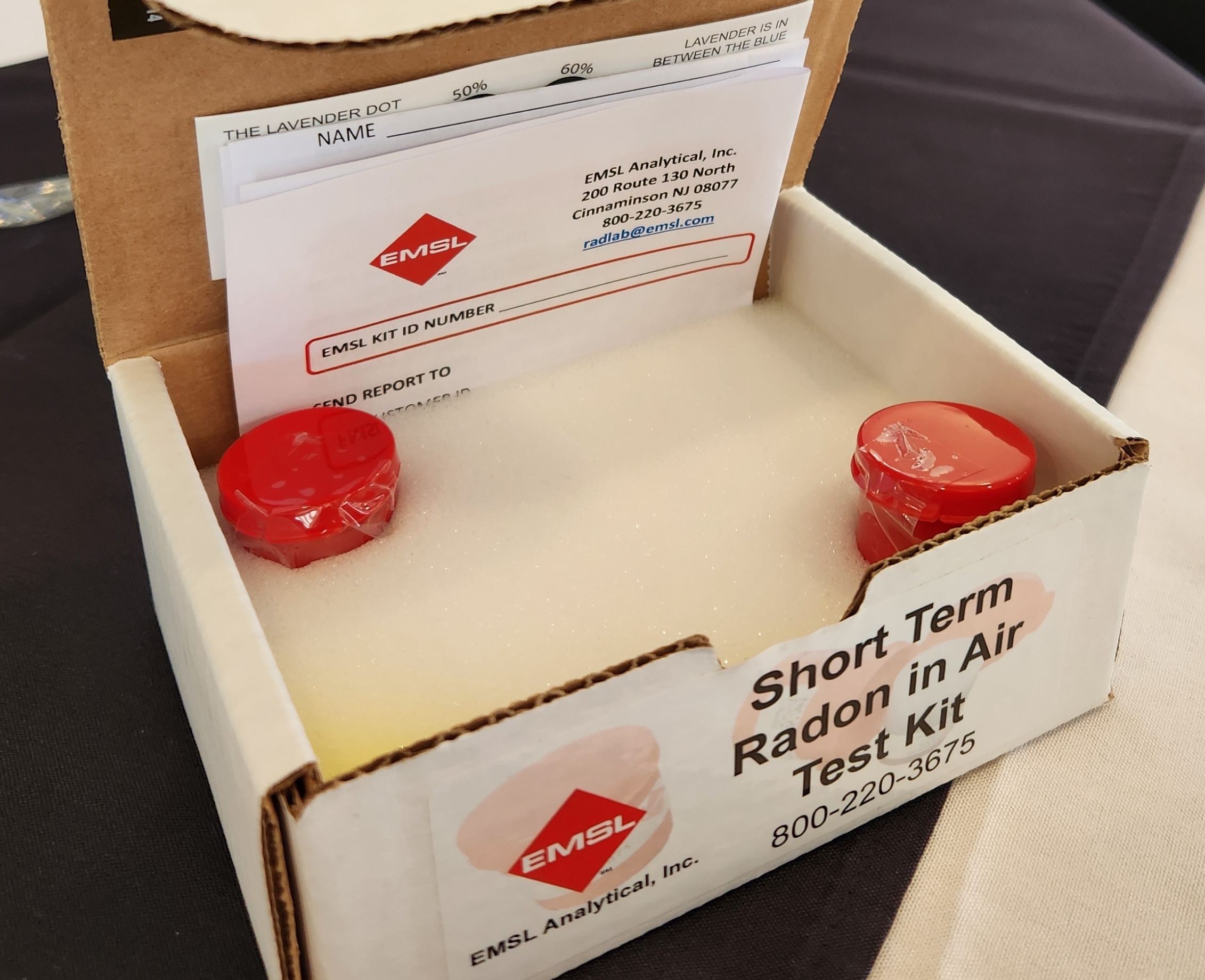Should you Test for Radon during the Home Purchasing Process?
When you’re starting the process of purchasing a home in Kelowna, there are many factors to consider, but one aspect that might not be at the forefront of your considerations is whether to test for Radon Gas.
You’ve probably heard about it, but you’re not really sure whether it’s important to you!
This post is designed as a quick guide to Radon, during the Home Buying process.
Canadian Real Estate Association Full Homeowners Guide to Radon here
What Is Radon and Why Should You Be Concerned?
Radon is a colorless, odorless radioactive gas that occurs naturally as a decay product of uranium in soil, rock, and water. It can enter homes through cracks in floors, walls, and foundations, and if trapped inside, it can accumulate to high levels.
Prolonged exposure to high levels of radon is a health risk, with radon being the second leading cause of lung cancer after smoking.
Radon in Kelowna: A Closer Look
Recent statements from the BC Centre for Disease Control highlight estimates that between 5% and 40% of homes in the Interior of BC, which includes Kelowna, exhibit higher-than-normal Radon levels.
As homes have become more airtight over the years, the likelihood of radon accumulation has increased, making this an issue that should not be overlooked.
When you Test for Radon-: Understanding Radon Measurement and Guidelines
When measuring radon levels, Canada utilizes Becquerels per cubic meter (Bq/m³), while the United States uses Picocuries per liter (pCi/L).
Health Canada recommendation for remedial action:
- Remediate within 2 years: Results between 200 and 600 Bq/m3, Health Canada recommends taking steps to reduce the radon level within 2 years.
- Remediate within 1 year: Results greater than 600 Bq/m3, Health Canada recommends taking steps to reduce the level within 1 year.
U.S., action guidelines are 4 pCi/L.
My thanks to Ed Baumgartner, from Stix Property Inspections, for chatting about this at our office meeting today.
Government Canada Website info here
The Testing Process
When buying a home, you typically only have a two week due diligence period, so a short-term radon test is your best option. Typically the test lasts between 72 to 96 hours and currently costs around $200.
The test should be placed in the normal occupancy area of the lowest lived-in level of the home to ensure accurate readings.
Mitigating Radon in a Home
New homes
Since 2010 a ‘Radon rough-in’ for an active soil depressurization (ASD) system was included for the first time in the 2010 Canadian National Building Code.
This system is identifiable by a distinctive white 4-inch pipe, which is designed to prevent confusion with other plumbing.
Canadian Municipality Building Code By Laws and Provisions here
Radon Remediation Systems
For homes without an existing system, there are various methods of remediation.
- Sub-Slab Depressurization (SSD) – the most common radon in residential homes. A piping system and often a radon fan are installed to extract radon and other soil gases from beneath the home and discharge them outdoors. Can reduce radon levels by up to 95%.
- Sub-Membrane Depressurization (SMD) – used to reduce radon concentrations where an exposed soil/ rock crawlspace exists in the basement or a sealed crawlspace is present under some or all of the house. The radon is extracted from beneath a polyethylene sheet placed over the exposed sub-surface materials and discharged from the house using a fan/pipe combination.
- Alternative Approach – Heat Recovery Ventilators (HRV) HRV can be an effective solution if a home has multiple air quality concerns and has an HVAC system with ducting. It allows for an exchange of outdoor and indoor air while partially saving energy and reducing heating/cooling costs associated with the exchange of air. Can reduce radon concentration by approximately 50%. Requires continuous maintenance.
Final Thoughts
At the end of the day, the decision to test for Radon when buying a home has to be yours. A radon test can offer you peace of mind, at a minimal cost.
As there can be quite a remediation cost, this could then be factored into the purchase price.
So there you have it!
Trish Cenci.


 Facebook
Facebook
 X
X
 Pinterest
Pinterest
 Copy Link
Copy Link

